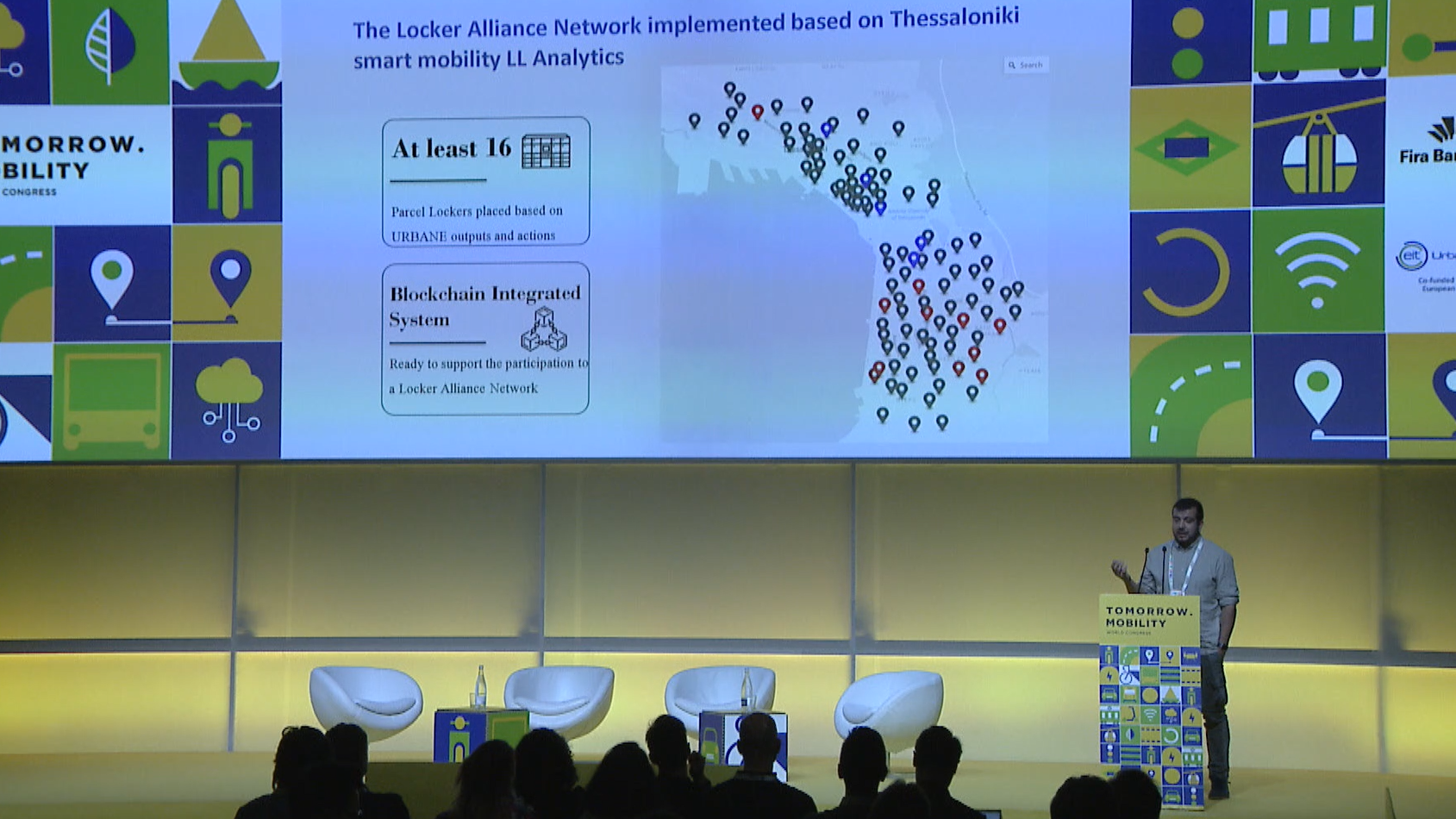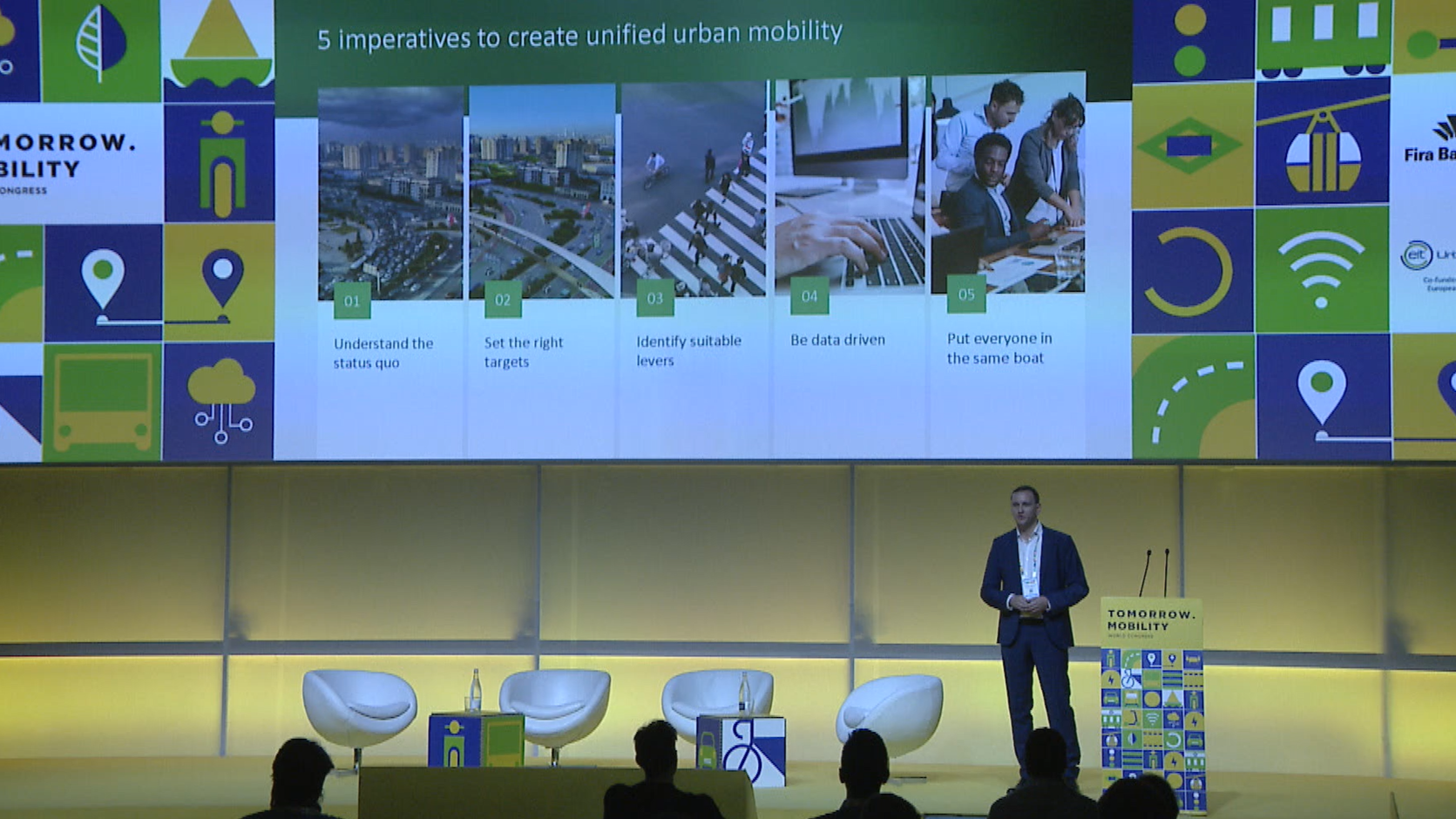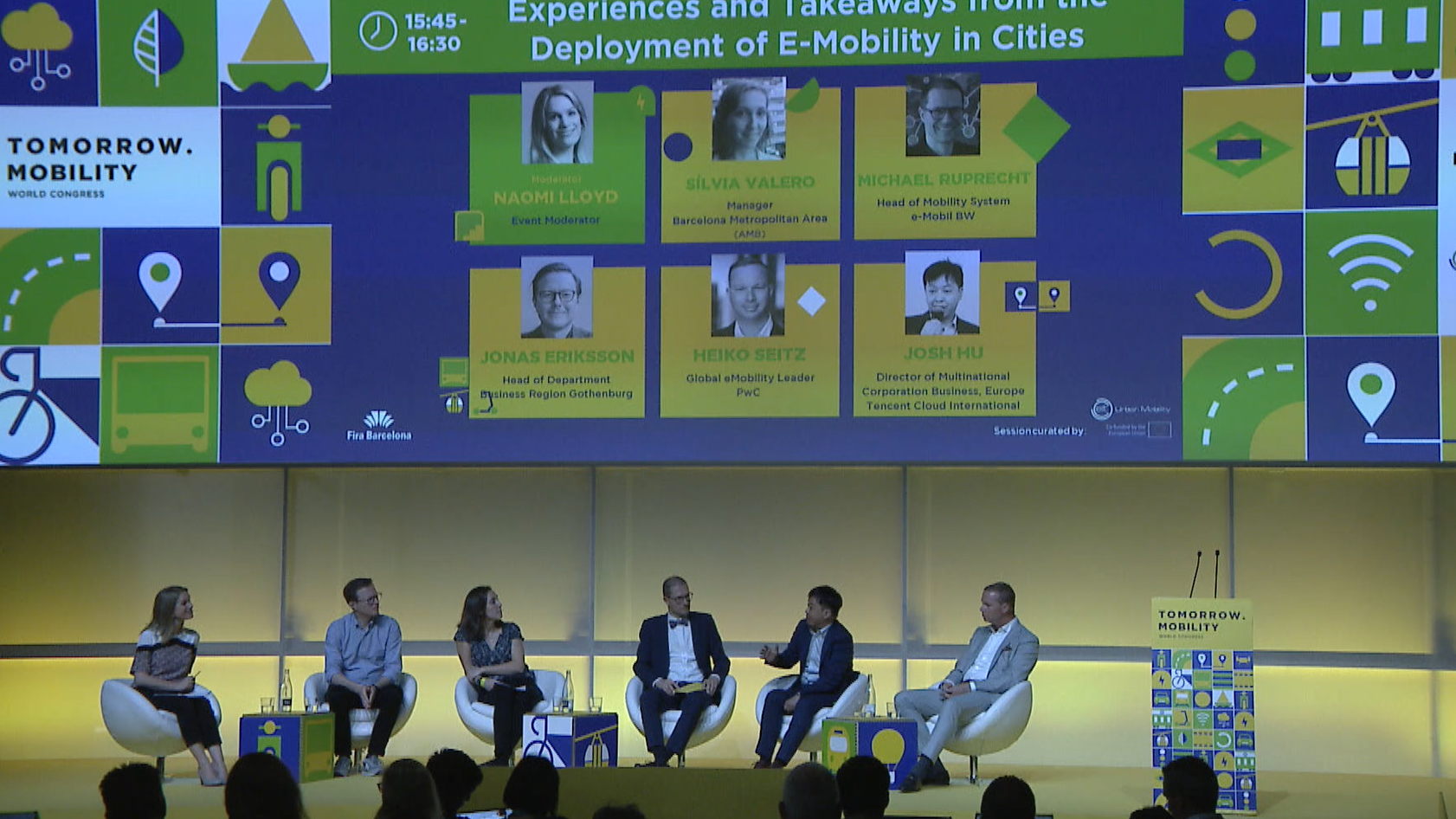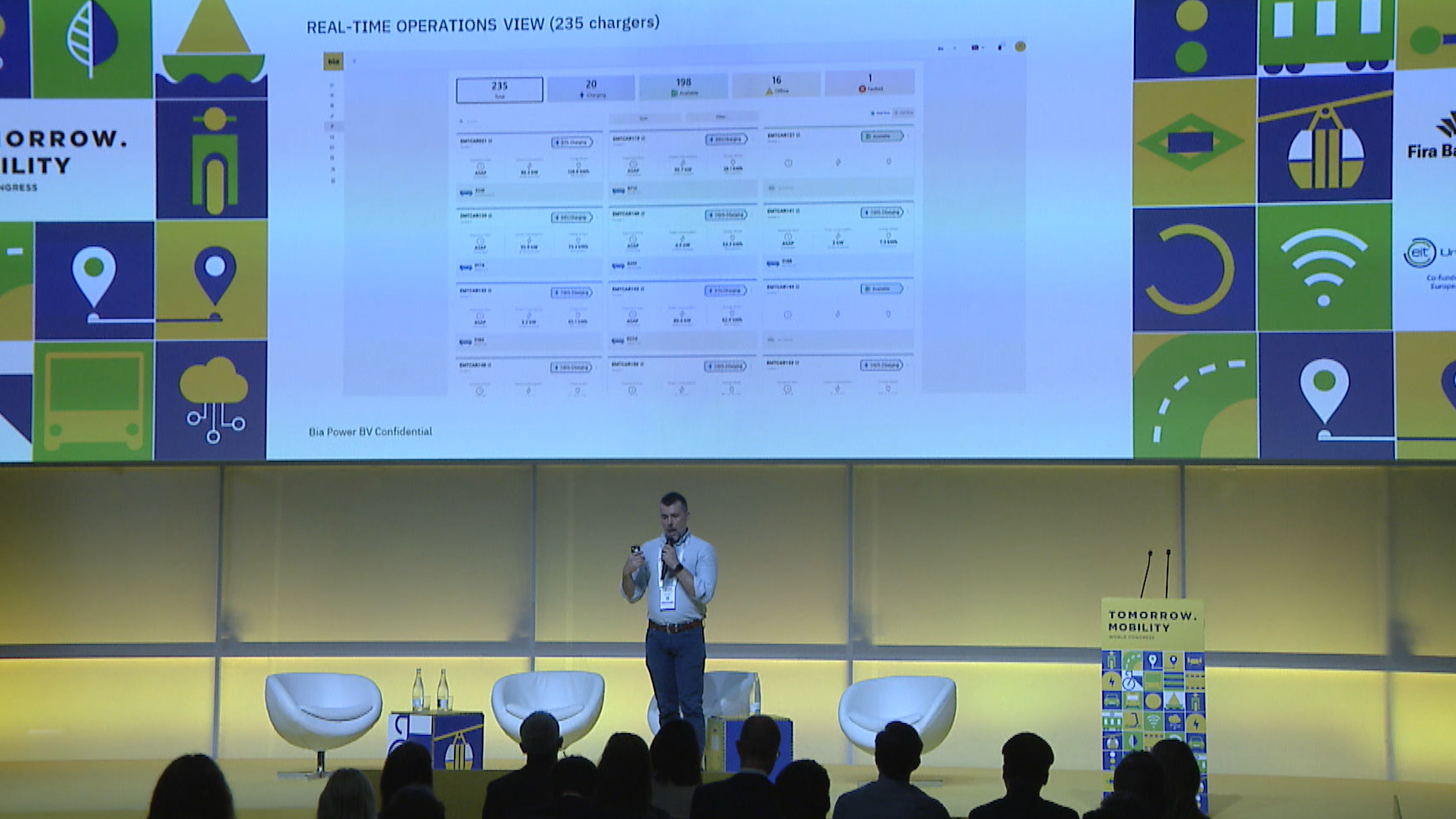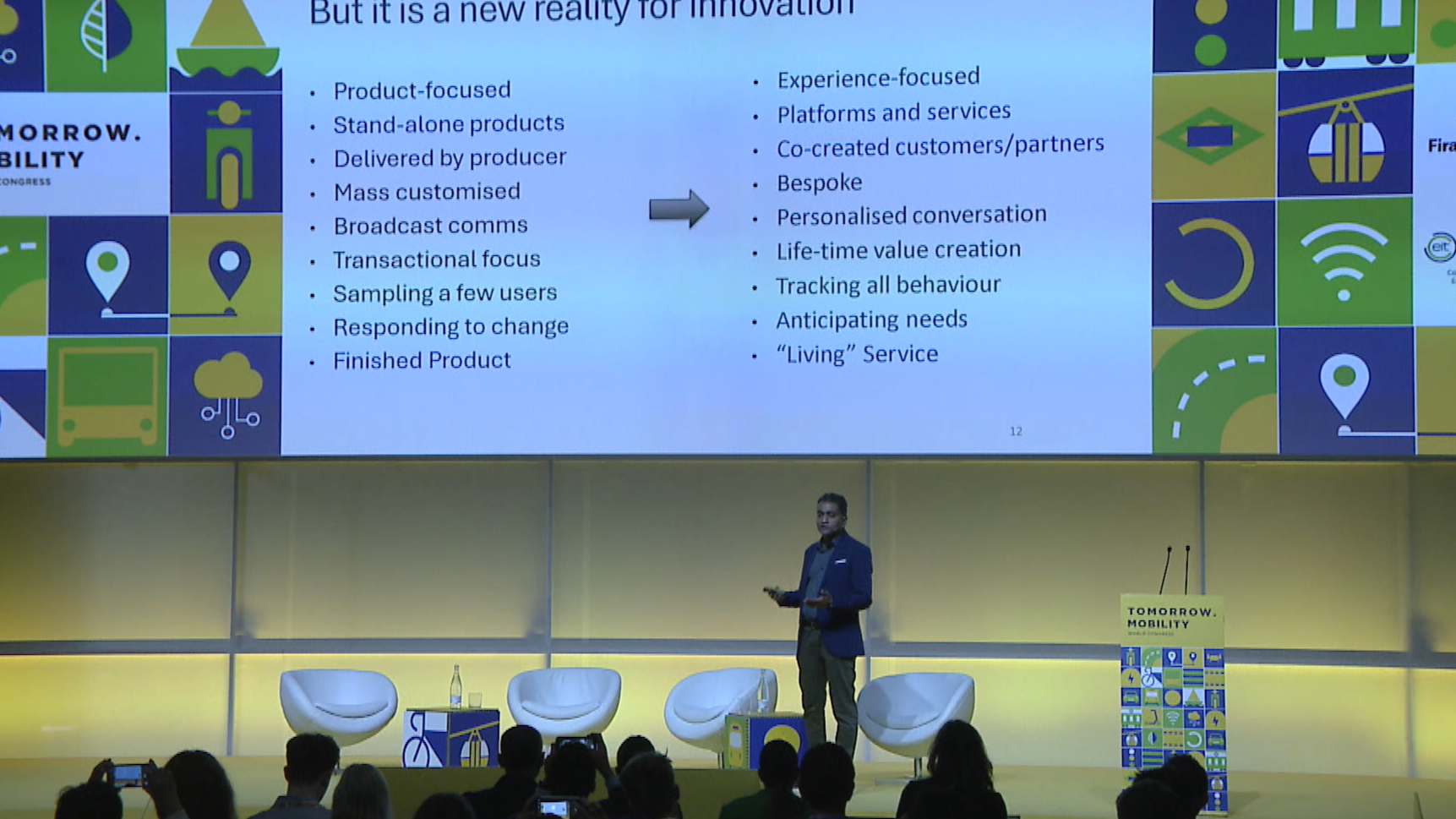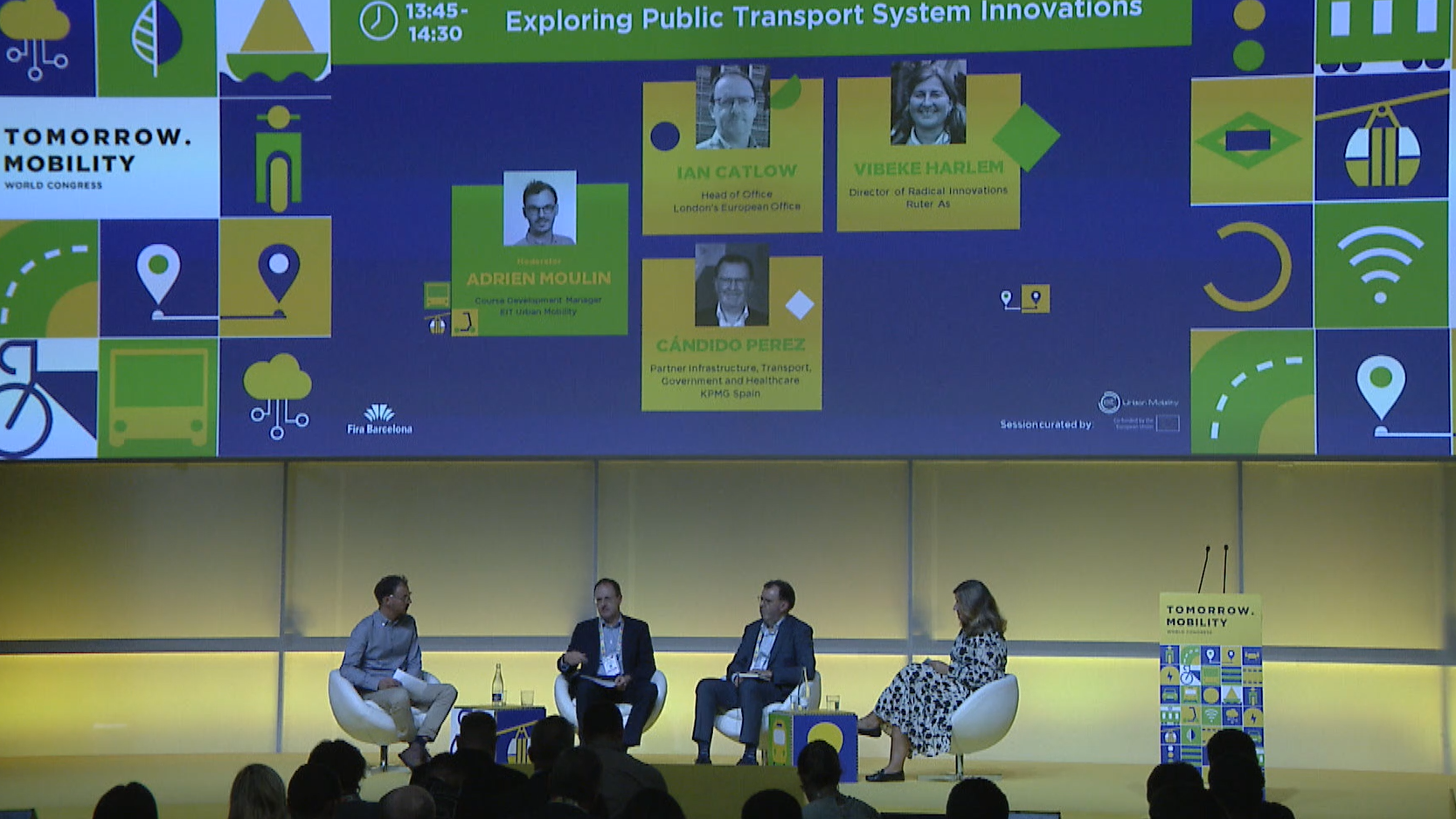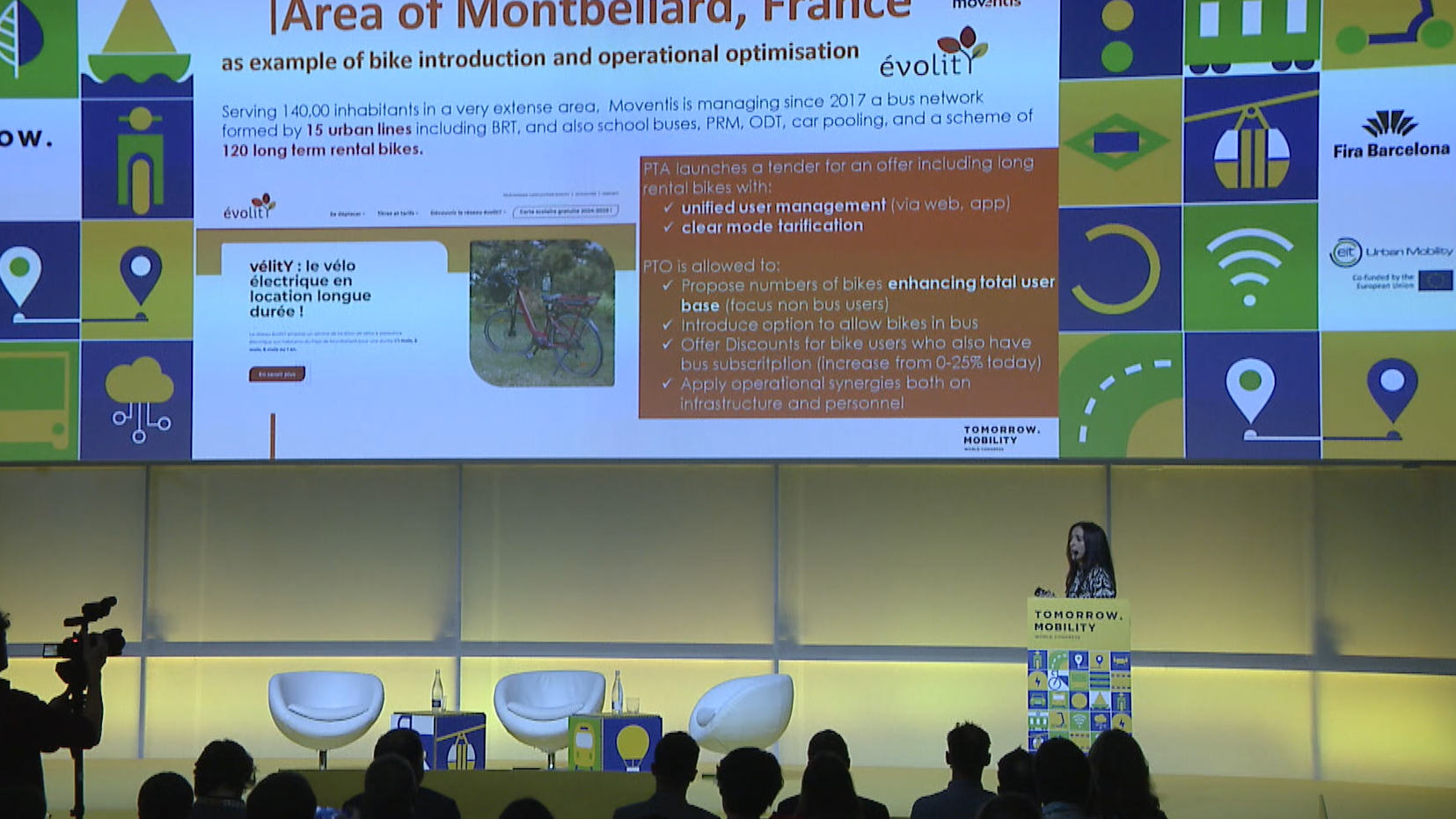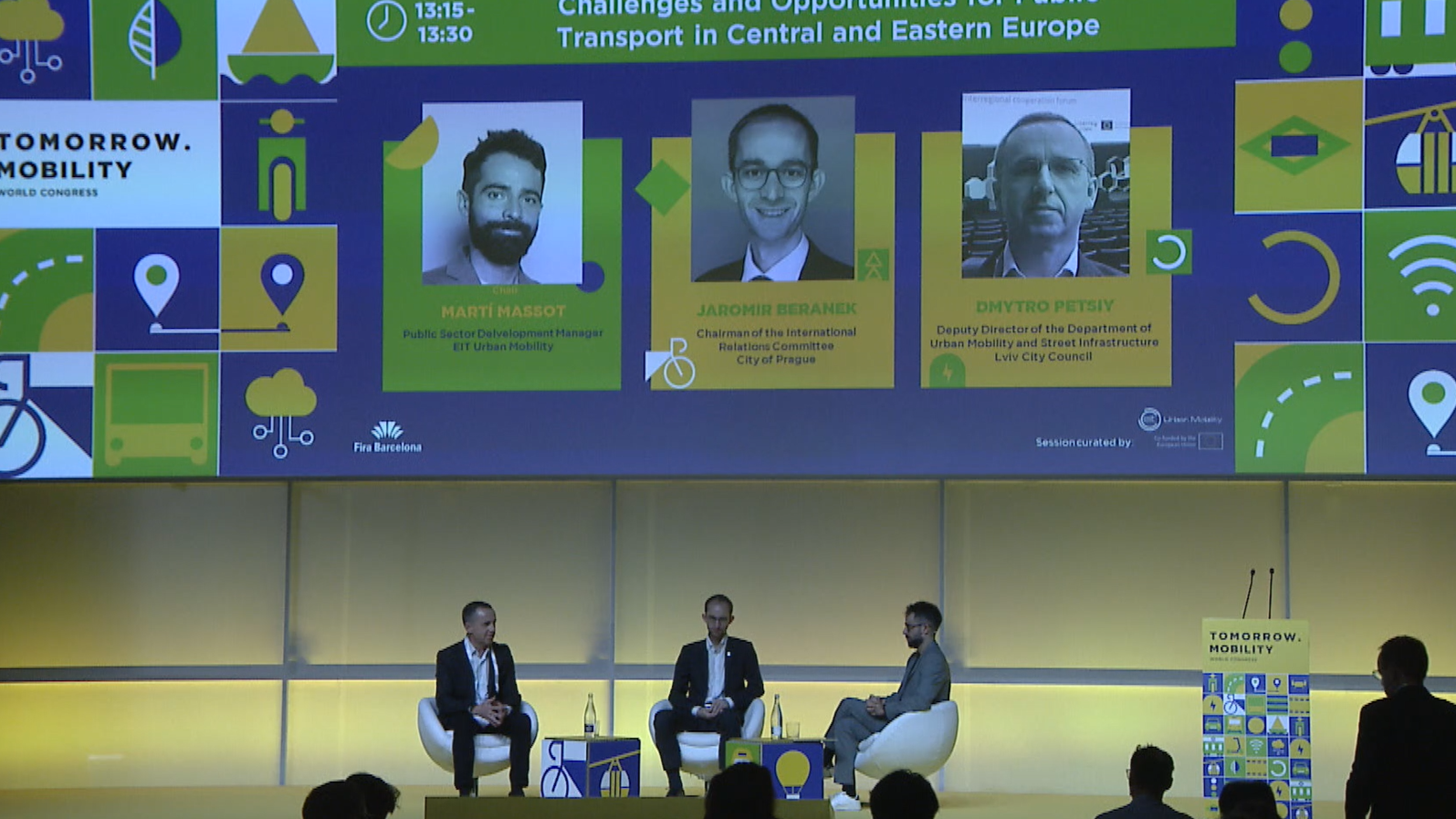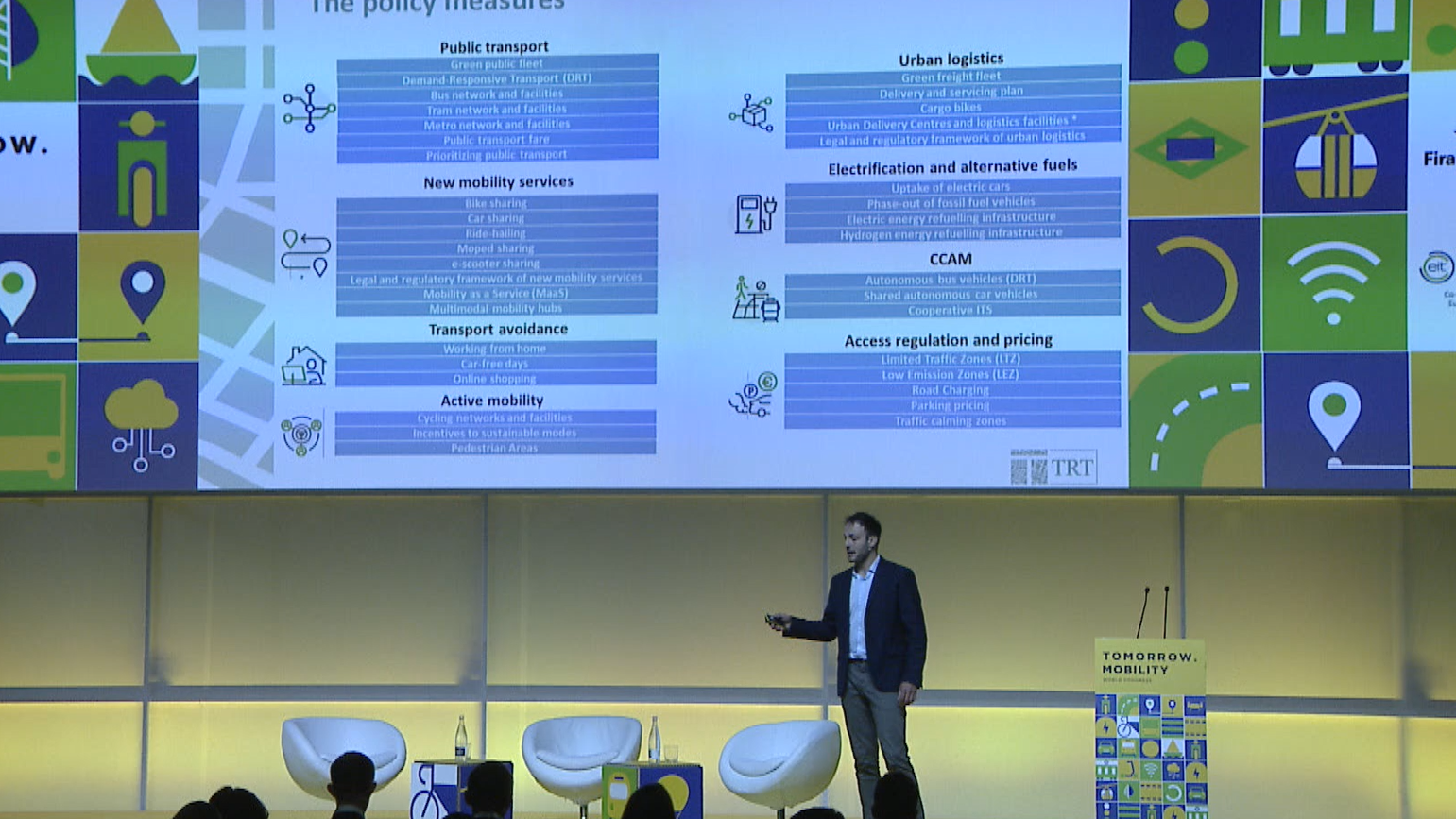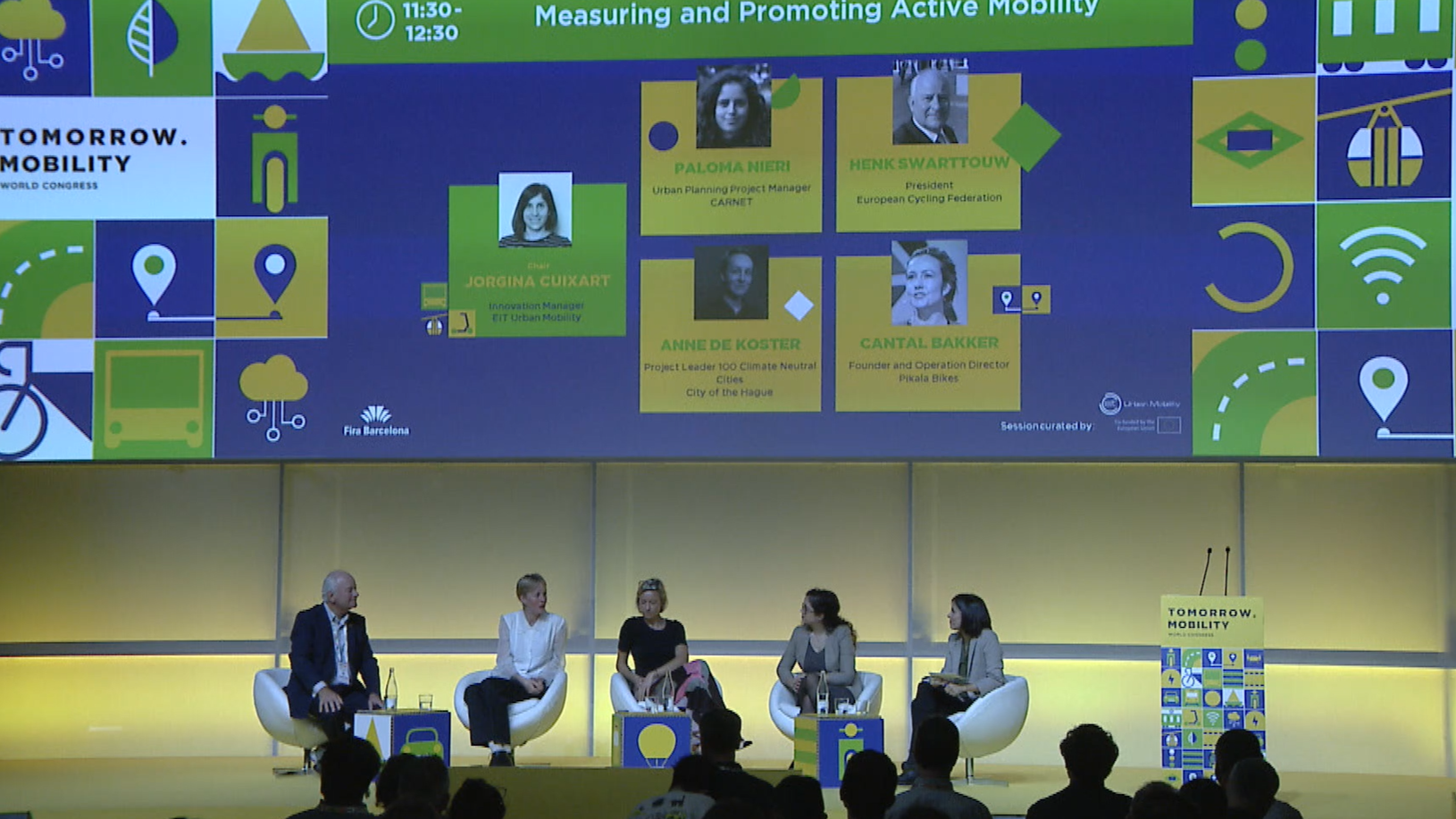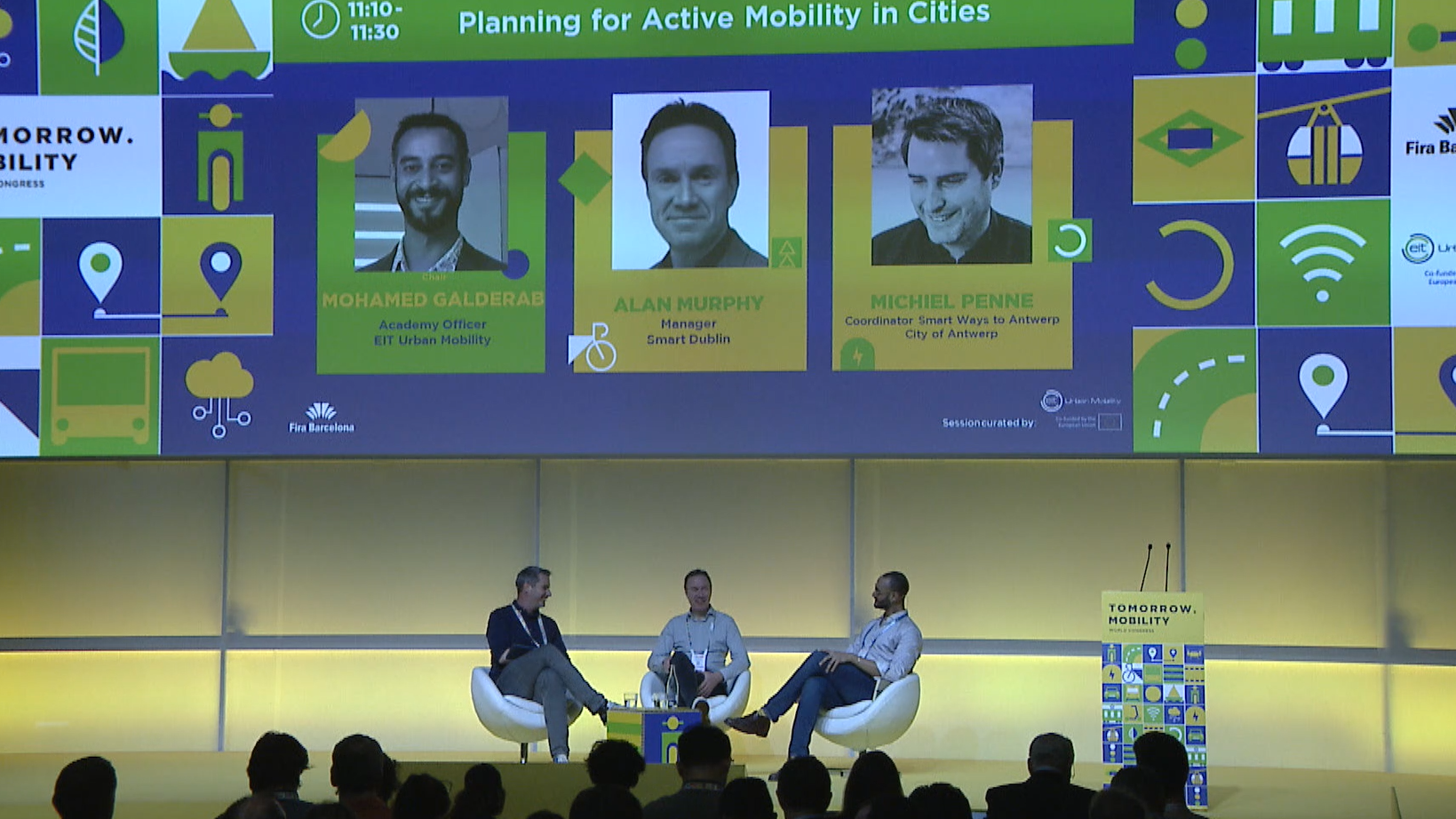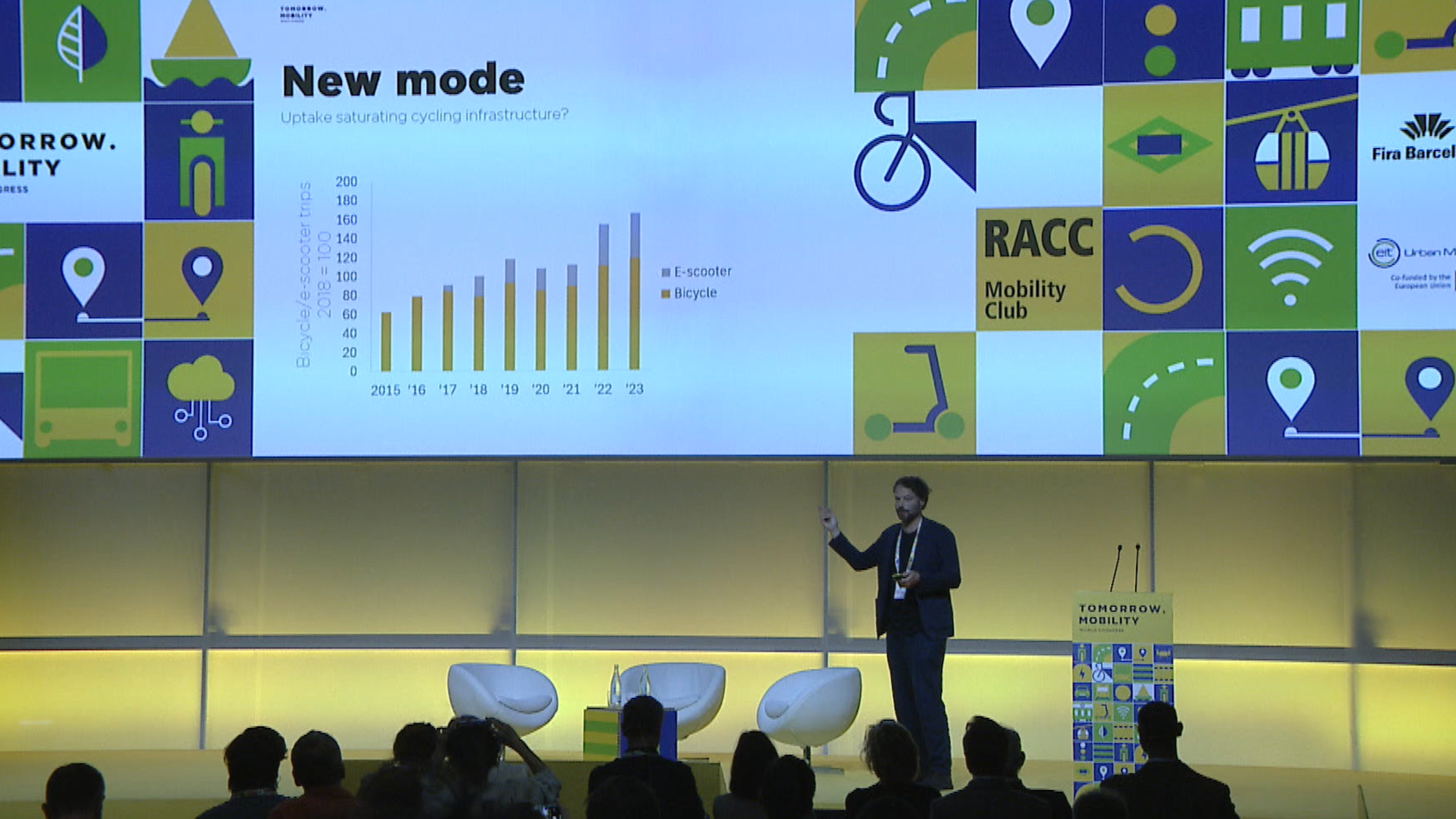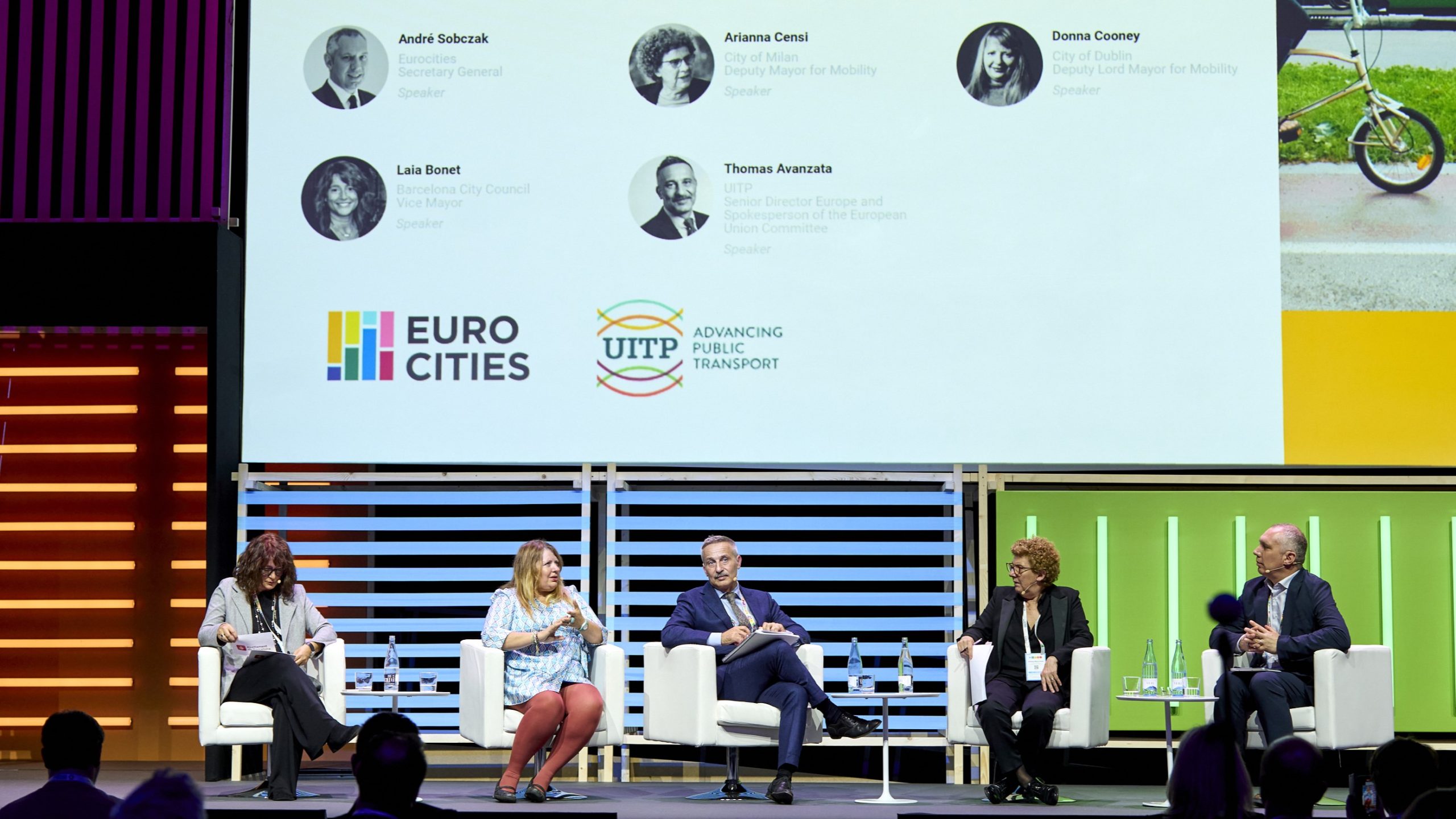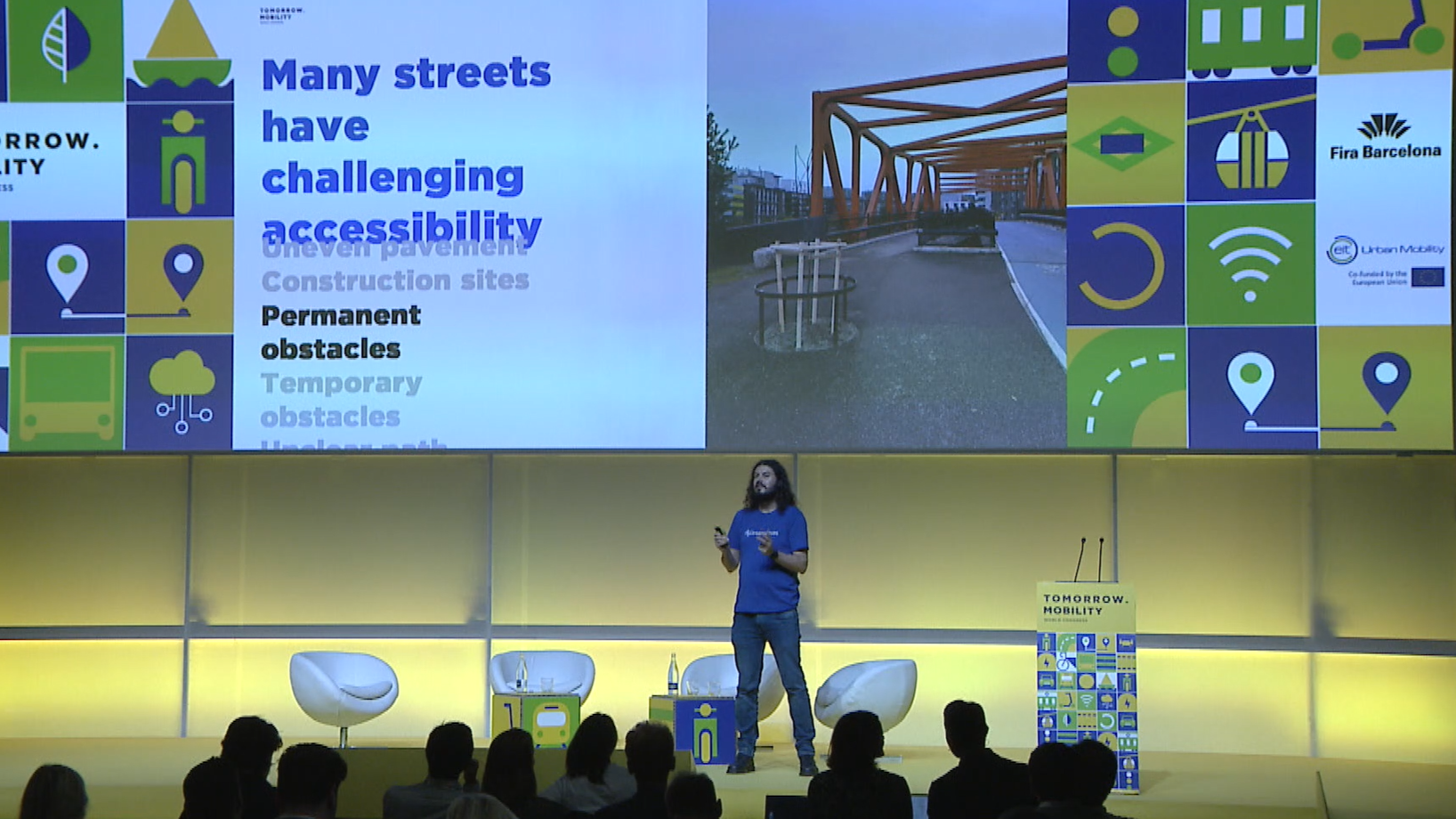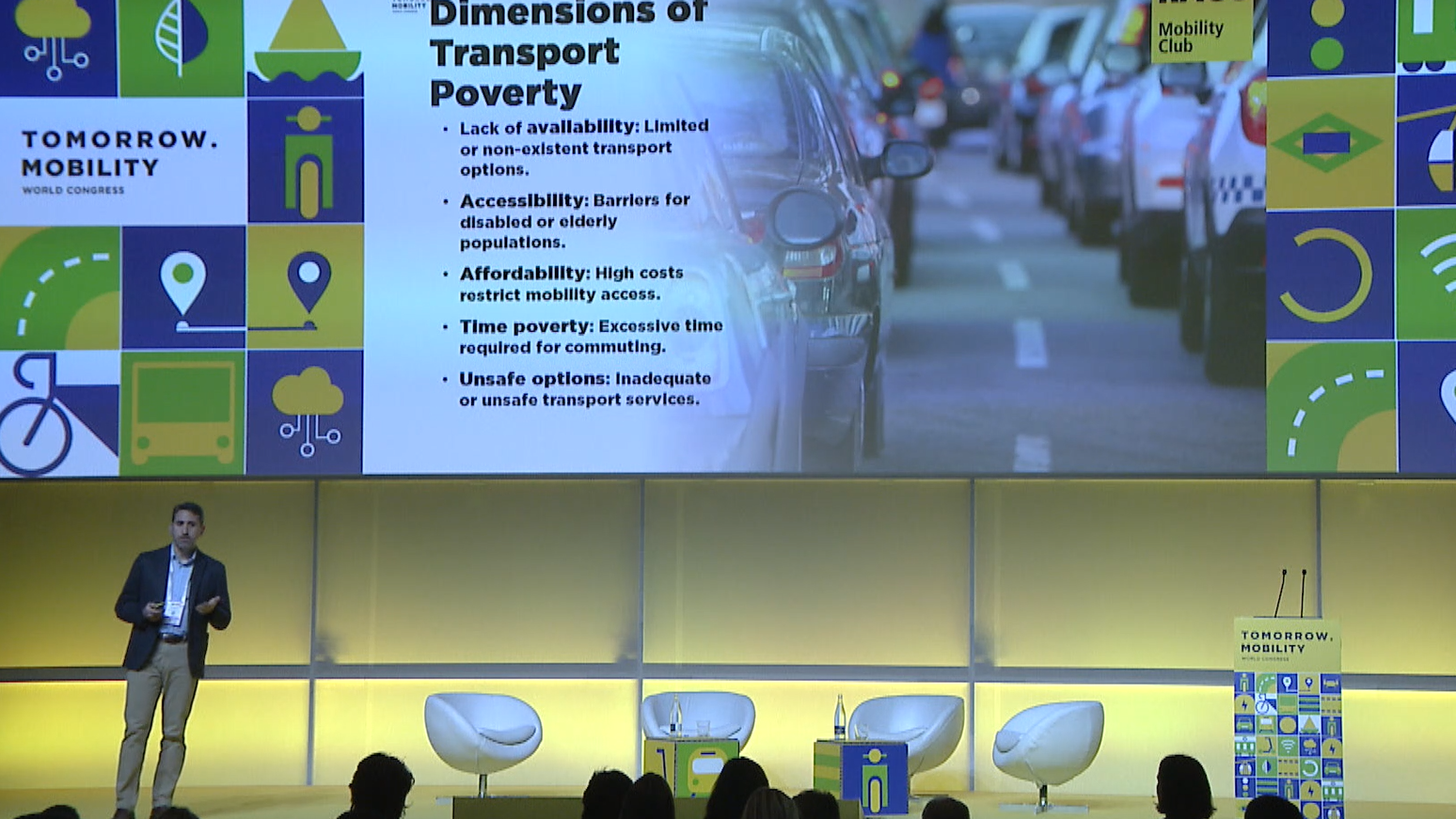Author | Lucía Burbano
When it comes to the development of smart cities, Singapore stands as a pioneering force across so many facets, warranting not just an article but an entire book. Focusing solely on its virtues and advancements in the realm of smart mobility and data management and analysis used to increase sustainability, reduce congestion and, in short, enhance citizen lives, the city-state’s prowess shines through. Central to this strategy is its groundbreaking intelligent transportation system, heralded not only as a trailblazer but also arguably the most extensive on a global scale.
What is an intelligent transport system?

Intelligent transport systems apply a range of information and communication technologies to efficiently manage diverse modes of urban transportation. Sensors and other components of the Internet of Things gather data on vehicles, transportation infrastructure, and meteorological conditions, to then transmit this data to traffic management centers, where it undergoes processing and analysis, which allows authorities and users to use this information to make informed decisions regarding urban mobility.
Examples of intelligent transport systems
Many cities around the world have already adopted transportation technology across various mobility systems.
Allocating road space efficiently
In Latin American cities including São Paulo, Bogotá, Mexico City, Santiago de Chile, or La Paz, driving is restricted on a daily basis, Monday through Friday. This restriction applies to a percentage of private vehicles determined by the last digits of their license plates, aimed at reducing traffic congestion by approximately 20%. In Santiago de Chile, over 400 cameras are strategically deployed to read and identify license plates of vehicles violating traffic regulations.
MaaS (Mobility as a Service)
Moscow is a city that has consolidated all its transportation services into the Moscow Transport mobile app. This platform allows users to design their routes utilizing real-time information, hire taxis, book car sharing and even see how busy subway carriages are in real time. Thanks to Mobility as a Service (MaaS), Moscow has successfully reorganized traffic flow on approximately 80% of its extensive network of roads and streets over the past decade.
Why Singapore is home to the world’s best intelligent transport system
Between 2017 and 2022, Singapore witnessed a near doubling of its daily travel demand, surging from 9 million to around 16 million journeys. The significant increase in daily travel demand, coupled with Singapore’s decision not to expand its existing 3,300 kilometers of roads (which constitute 12% of its 716 square kilometers), has served as compelling motivations to integrate innovation and technology into its transportation system.
“Moving towards a more connected and interactive land transport community” is the slogan for its Smart Mobility 2030 plan. As early as 2018, the government incorporated a multimodal journey planner into its MyTransport.SG mobile app, delivering personalized real-time information to users.
However, Singapore has taken an additional step forward by also integrating the following solutions:
- Automatic track inspection system
Imaging sensors and laser scanners installed below train carriages to monitor track conditions in real-time, making tasks easier for the maintenance team. - Rail Enterprise Asset Management System (REAMS)
This integrates the information collected from all the trains and other mission critical systems, in order to better assess and predict the condition of the entire network and its components.
Technologies and other measures used by Singapore’s intelligent transport system

According to its Smart Mobility 2030 plan, Singapore aims to integrate cutting-edge technologies and international standards to acquire and process data. This data will then be utilized to enhance its transportation network.
Predictive analysis tools and data visualization
Used to anticipate transportation trends, analyze traveler behavior, and foresee potential traffic scenarios that could impact users.
The integration of AI in Singapore’s mobility ecosystem
The traffic management systems use Artificial Intelligence to predict real-time traffic conditions, effectively manage road congestion, optimize routes, and enhance public transportation schedules. Additionally, AI is employed to enhance pedestrian safety and facilitate urban planning for smart infrastructures.
Integrated and real time traffic information
The operational hub of this complex system is i-Transport, the central nexus where data from the intelligent transport system are interconnected. It serves as an integrated and unified platform tasked with amalgamating raw traffic data and transforming it into information to be used for the analysis and planning of urban traffic.
Data standardization and security
As connectivity increases, the importance of establishing open communication protocols and implementing international standards that facilitate interoperability between systems becomes paramount. Furthermore, personal data management entails a significant degree of responsibility, as ensuring the privacy of such data is essential to foster trust and acceptance of information technologies among the public.
A pioneer in developing systems later adopted by other cities

Singapore developed its intelligent transport system in 2005. This provided it with a significant advantage over other cities that later opted to digitize their urban mobility. It was the first city to incorporate the following technologies and innovations into its transportation system:
Electronic road tariff systems
Implemented in 1998, this urban toll system was designed to regulate access to the city center by imposing congestion charges. Over time, it has evolved and become more sophisticated. In its current form, prices fluctuate based on traffic flow and a short-range radio communication system has been integrated to automatically deduct fees from smart cards inserted in vehicles.
Expressway Monitoring Advisory System
This serves to inform drivers about traffic accidents on major roads in real time. Urban taxis are equipped with GPS systems that aid in monitoring and collecting data on traffic conditions throughout the city.
Discourage the use of private vehicles
Surprisingly (or not), only 15% of Singaporeans own cars, as obtaining a private vehicle requires acquiring a certificate, which is both costly and valid for only 10 years. Additionally, older cars are restricted from driving on the roads.
Mandatory give way rule for buses
In Singapore it is illegal to prevent buses from rejoining traffic after they have stopped. This helps reduce journey times by keeping the buses flowing.
Photos | Unsplash/Samuel Toh, Unsplash/CHUTTERSNAP, Unsplash/The Transport Enthusiast DC, Kit Suman







































